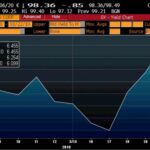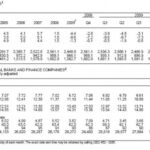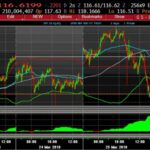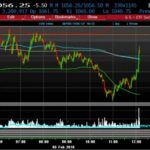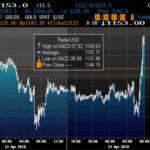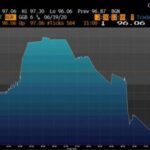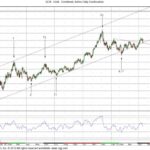Maggio 6, 2012 EcoAnemia
Bonds di serie A e di serie B
Norway’s oil sovereign wealth fund has sold all its holdings of Irish and Portuguese government debt and reduced its ownership of Spanish and Italian bonds as part of a continuing protest over its forced participation in Greece’s debt restructuring.
The fund, which has more than $600bn of assets under management and owns 2 per cent of all European equities, said the eurozone still faced big problems and that the Greek debt deal had worsened matters.
Fonte : Ft.com
Il default pilotato della Grecia in effetti è stato un vero atto di pirateria, prima e dopo la ristrutturazione del debito.
Prima ha fatto scrivere delle minus dell’80% ai privati (inclusi i fondi sovrani come quello norvegese, che per questo motivo di fatto si è sentito truffato), ma non ha fatto perdere nulla al FMI ed alla BCE (che detengono tuttora circa 100Mld di €€ di bonds greci), che hanno negoziato direttamente con il governo greco il default pilotato e quindi garantite del rimborso totale.
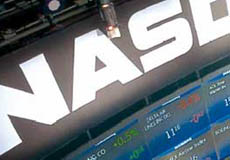
Quindi sono stati creati due tipi di bonds: bonds di serie A e di serie B.
Quelli per gli enti sovranazionali (che non perdono mai) e quelli per il resto del mondo (che tuttora si disintegrano, venerdì -5% sul timore dei risultati elettorali di questa sera).
Per questo motivo, sia per protesta (ed a ragione) che che sfiducia nell’eurozona (soprattutto per una questione di parità di trattamento) il fondo sovrano norvegese ha alleggerito la quota dei propri bonds che detenevano nell’area Piigs.
E’ però interessante notare che al contrario, alcuni hedge a stelle e strisce hanno invece comprato a manetta ciò che i norvegesi hanno venduto a piene mani :
The common wisdom holds that the new Greek government, whatever its composition, will be unable to force another round of public spending cuts on its people. That could prompt Greece to leave the euro currency union and default on its debt.
But the contrarians, who are mainly distressed-debt experts, see a buying opportunity.
They favorably compare the junklike 21 percent yields on Greek bonds to the much lower returns, but comparable risks, on bonds of international renegades like Venezuela and Argentina, which now trade in the 11 to 13 percent range.
“This is the trade of the year,” said Hans Humes, president of Greylock Capital, a New York-based hedge fund. Greylock is actively buying the debt at prices that have ranged from 19 to 25 cents on the dollar. “It’s a no-brainer,” Mr. Humes said.
Fonte : Nytimes.com
La ragione è abbastanza semplice, e non occorre certo essere dei geni della finanza per capire che in questo momento i bonds greci (che rendono il 21% circa e che al momento sono garantiti dall’Eurozona) – indipendentemente dai possibili scenari politici delle prossime settimane – sono decisamente meno a rischio default di quelli di paesi come Ucraina, Argentina oppure Venezuela (che rendono intorno al 12%).
Questi sono vampiri, non certo degli sprovveduti.


